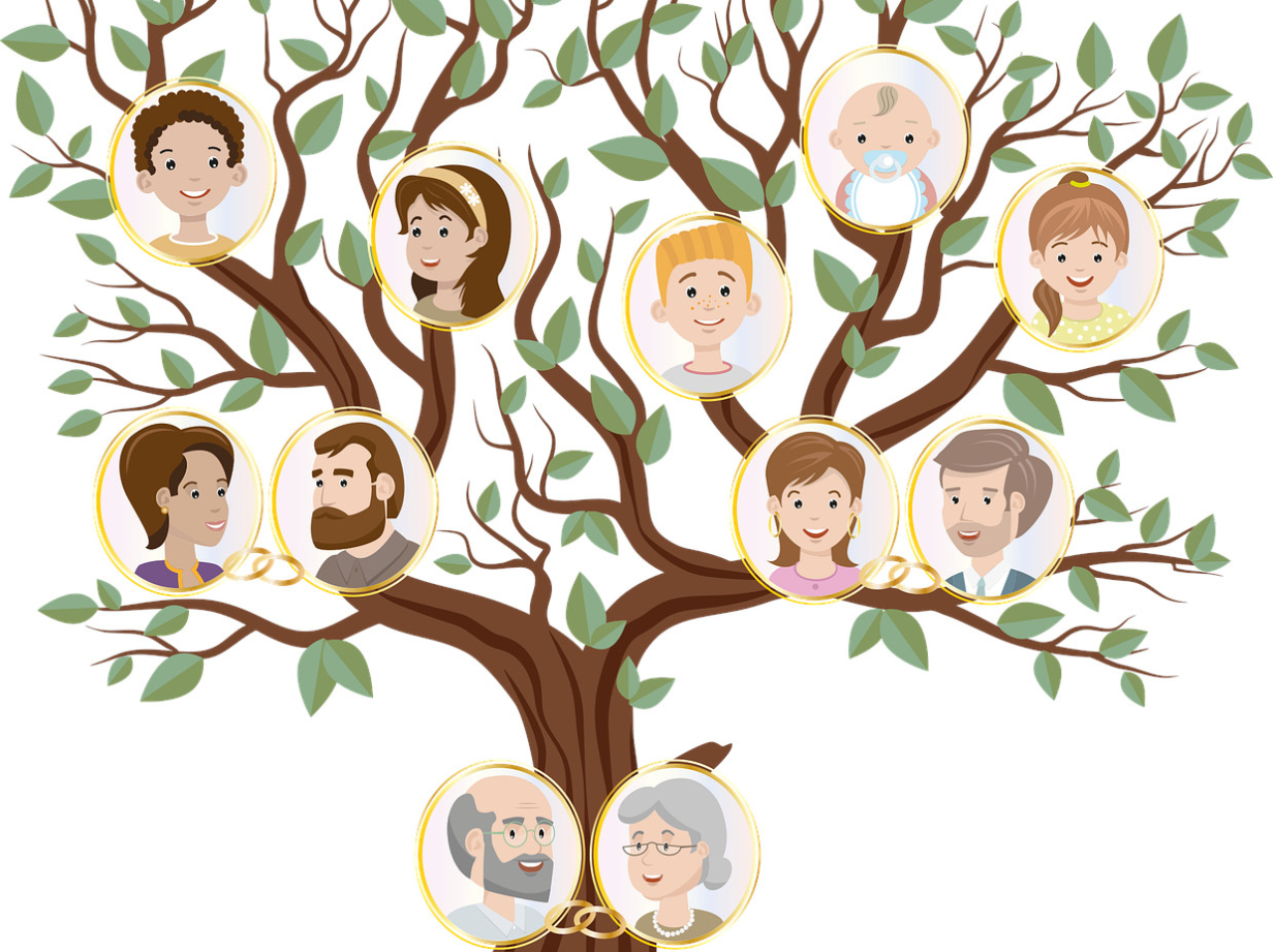Many Polish birth records are stored in state archives, church registers, and civil registry offices. The first step in the search is to determine the exact location where an ancestor was born, as records were typically maintained at the local level. Parish churches often hold centuries-old baptismal records, which are crucial for tracing lineage before civil registry systems were established in the 19th century. State archives, including the National Archives of Poland, house a vast collection of documents that can provide insights into family histories. Some records have been digitized and are available through websites such as Szukajwarchiwach.pl or international genealogy platforms that collaborate with Polish archives. How to find polish birth records?
For those whose families were affected by the Holocaust, researching Polish ancestry can be more complex. Many records were lost or destroyed during World War II, and entire communities were erased. However, organizations dedicated to Holocaust remembrance, such as the United States Holocaust Memorial Museum and Yad Vashem, provide access to databases that can help reconstruct lost family histories. The Jewish Historical Institute in Warsaw is another invaluable resource, preserving thousands of testimonies, documents, and genealogical records.
Poland is home to numerous sites of historical significance related to the Holocaust. Many people visit the country to pay respects and learn about the tragic events of the past. Auschwitz-Birkenau, the largest and most infamous Nazi concentration and extermination camp, serves as a powerful reminder of the atrocities committed. Other memorial sites, such as Majdanek, Treblinka, and the Warsaw Ghetto, offer insight into the experiences of victims and survivors. Guided Poland Holocaust tours provide historical context, personal stories, and access to places that played key roles during this dark period. These tours can be deeply emotional experiences, allowing visitors to honor the memory of those who suffered while gaining a deeper understanding of history.
For individuals with Jewish ancestry, Poland’s historical Jewish quarters, synagogues, and cemeteries also hold significant meaning. Cities such as Kraków, Warsaw, and Łódź have preserved elements of Jewish heritage, including museums and cultural centers dedicated to the history of Jewish life in Poland. These locations offer opportunities for people to reconnect with their roots and uncover details about their family’s past.
Whether searching for birth records or taking part in a Holocaust remembrance tour, exploring Poland’s history can be both rewarding and emotional. The country’s archives, memorials, and historical sites provide crucial links to the past, ensuring that personal histories are preserved and remembered. By utilizing available resources and visiting key locations, individuals can gain a deeper appreciation of their ancestry and the broader historical context that shaped their family’s journey.


